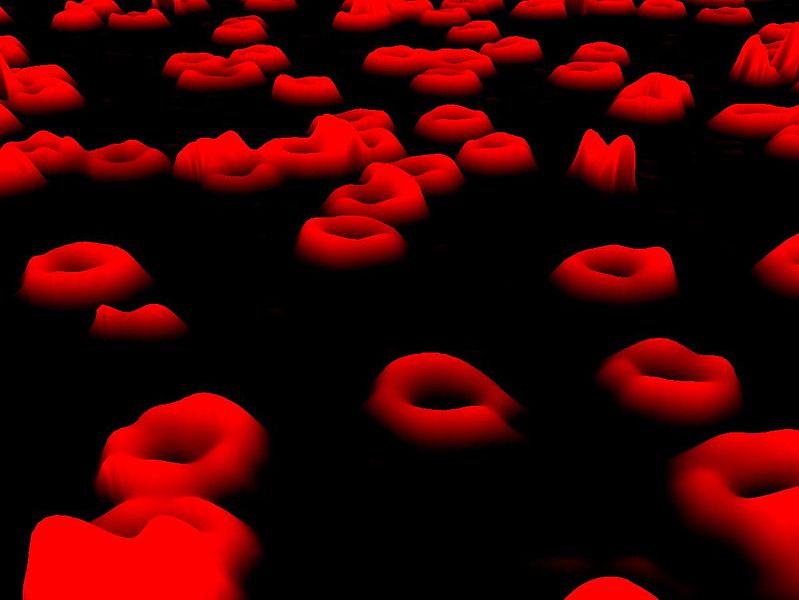by Cort Johnson | Aug 15, 2018
This blog is part IV in a series of blogs covering the issues presented at the 2018 Dysautonomia International Conference in Nashville, Tennessee.
As if we needed another syndrome. Chronic fatigue syndrome (ME/CFS), postural orthostatic tachycardia syndrome (POTS), fibromyalgia (syndrome), irritable bowel syndrome (IBS) are old-timers in the ME/CFS/FM world. In the last couple of years, mast cell activation syndrome (MCAS) and Ehlers Danlos Syndrome (EDS) joined the party. Sjogren’s Syndrome (SS), which was all over the Dysautonomia International conference, may be a late entry, and now it seems we can add antiphospholipid antibody syndrome (APS) – which is apparently very common in POTS – to the list of syndromes that play together in these interrelated diseases. It’s also another autoimmune disease.
In fact, Dr. Hughes, the U.K. rheumatologist who discovered the syndrome, said that if you’re dealing with POTS, you’re very likely dealing with APS, which is also called “Hughes Syndrome”, as well.
Antiphospholipid Antibody aka Hughes Syndrome
APS is not some niche researcher’s fantasy; it’s a well-recognized systemic autoimmune disease which increases the clotting factors in our blood, producing “sticky blood”, which then impedes blood flows.
APS occurs when increased levels of antibodies attack the phospholipids or fats in our cells and in the lining of our blood vessels. (You can have the antibodies without having the disease.)
Like other systemic autoimmune diseases, APS can cause a wide range of symptoms that seem disturbingly like those found in ME/CFS. They include chest pain, shortness of breath, pain, redness, warmth, and swelling in the limbs, cold hands, chronic headaches, upper body pain, nausea, brain fog (memory problems, can’t find way home, forget words), balance problems, heart valve problems and a lacy-looking red rash on the wrists and knees. (Notice no mention of post-exertional malaise, though.)
The NIH’s National Heart and Lung Institute reports that APS can cause many health problems including heart attack, stroke, pulmonary embolism and kidney damage. Dr. Hughes reported that APS is commonly found in teenage migraine, stroke, heart attack and teenage epilepsy but is often – more than 30 years after its discovery – undiagnosed.
It affects 1-5% of the population and more often strikes women than men. One third of strokes occurring in younger people (<50 years) are believed due to APS. If you suffer from migraines and cold hands, he suggested that you may have APS. If you have APS, it’s likely you have another autoimmune disease as well.











